- Home
- >
- Curriculum
- >
- Science
Science
Curiosity about how the world works is harnessed in our hands-on science program where interesting and important questions about the biological, physical and technological world are explored.
It provides opportunities for students to develop an understanding of key scientific concepts and processes, the practices used to develop scientific knowledge, of science’s contribution to our culture and society, and its applications in our lives. The program supports students to develop the scientific knowledge, understanding and skills to make informed decisions about local, national and global issues and to participate, if they so wish, in science-related careers.
In addition to its practical applications, learning science is a valuable pursuit in its own right. Students can experience the joy of scientific discovery and nurture their natural curiosity about the world around them. In doing this, they develop critical and creative thinking skills and challenge themselves to identify questions and draw evidence-based conclusions using scientific methods. The wider benefits of this scientific literacy are well established, including giving students the capability to investigate the natural world and changes made to it through human activity.
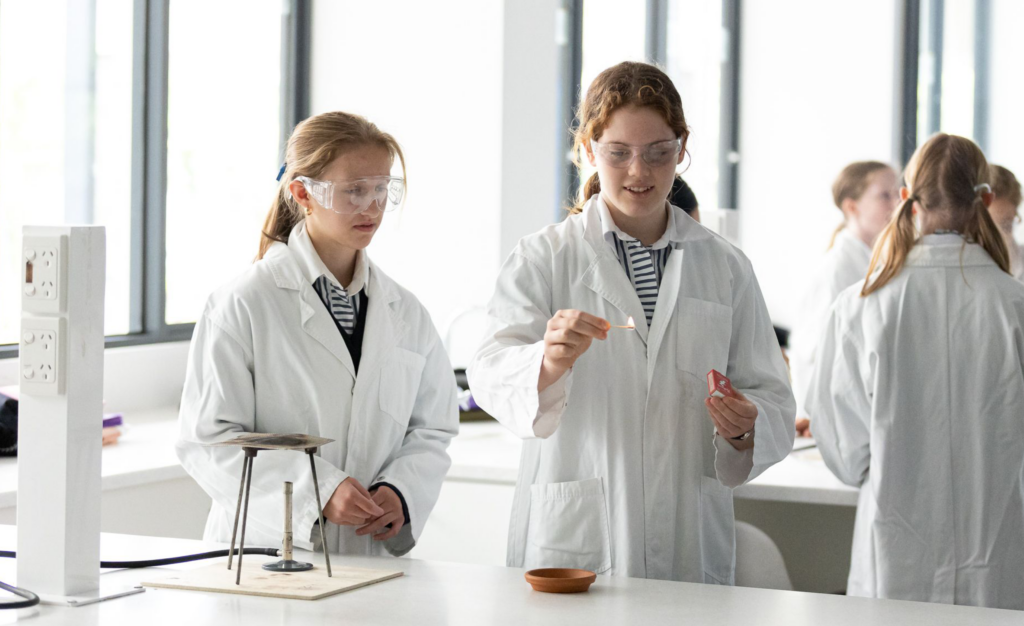
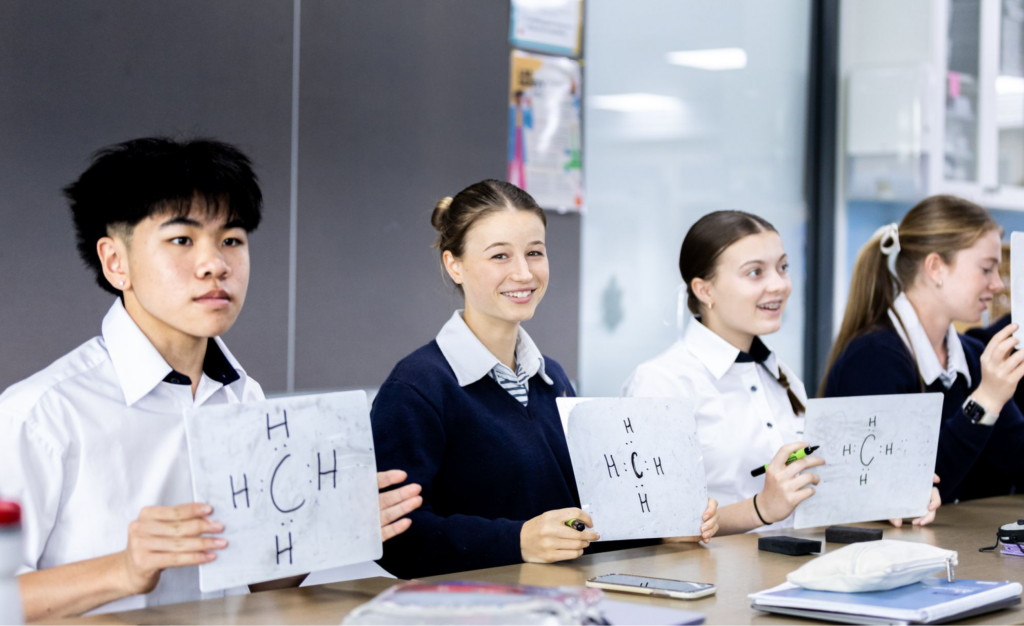
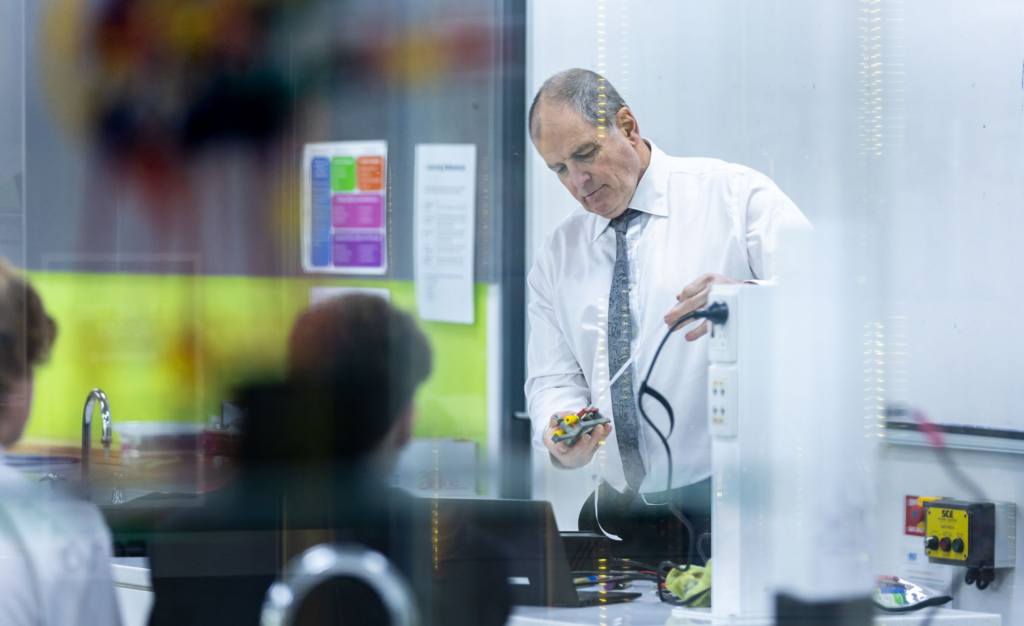
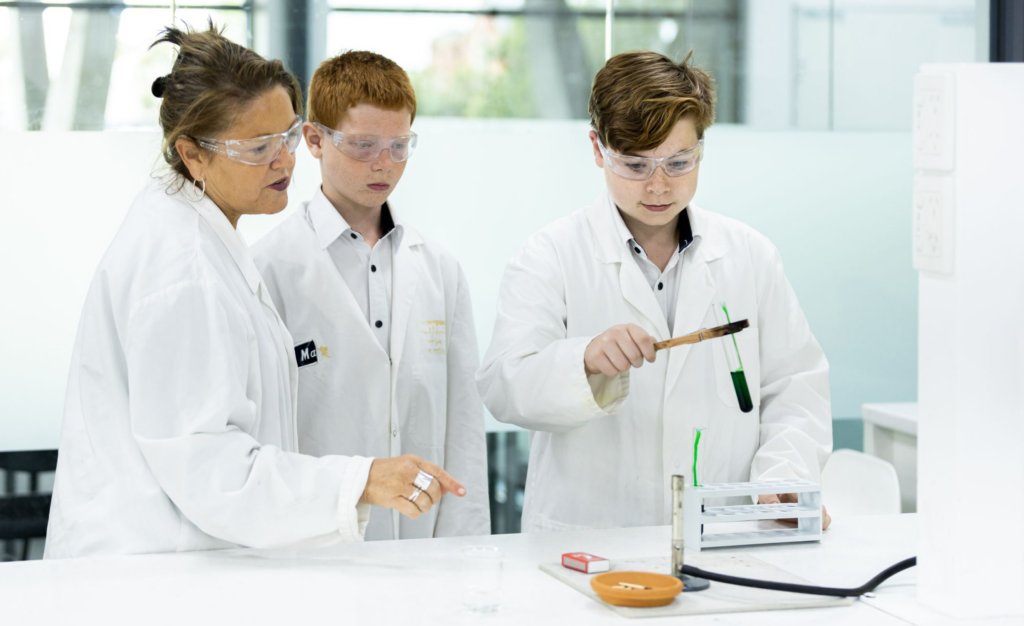
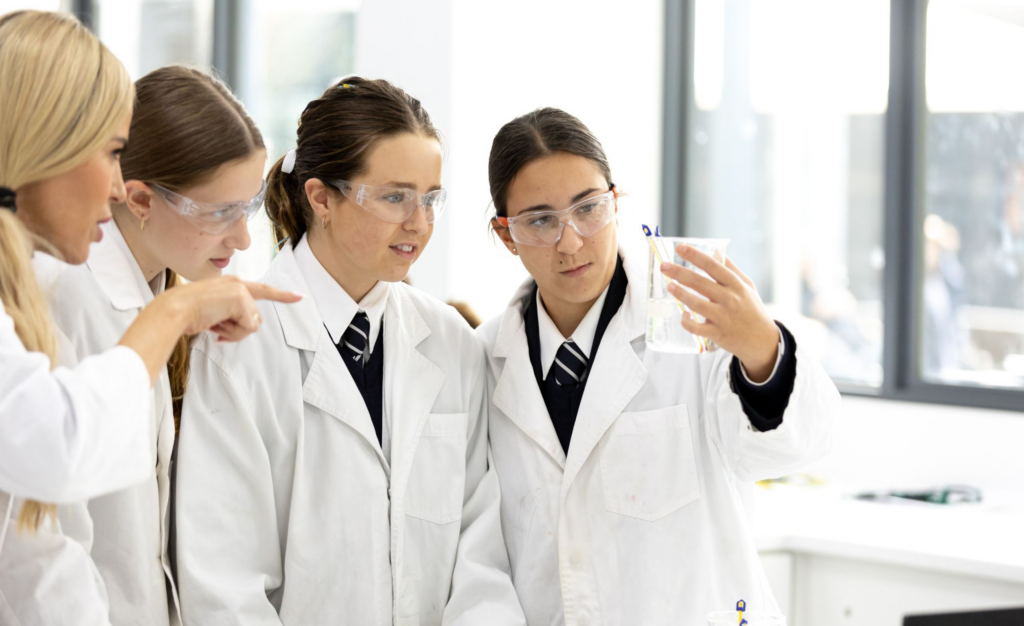
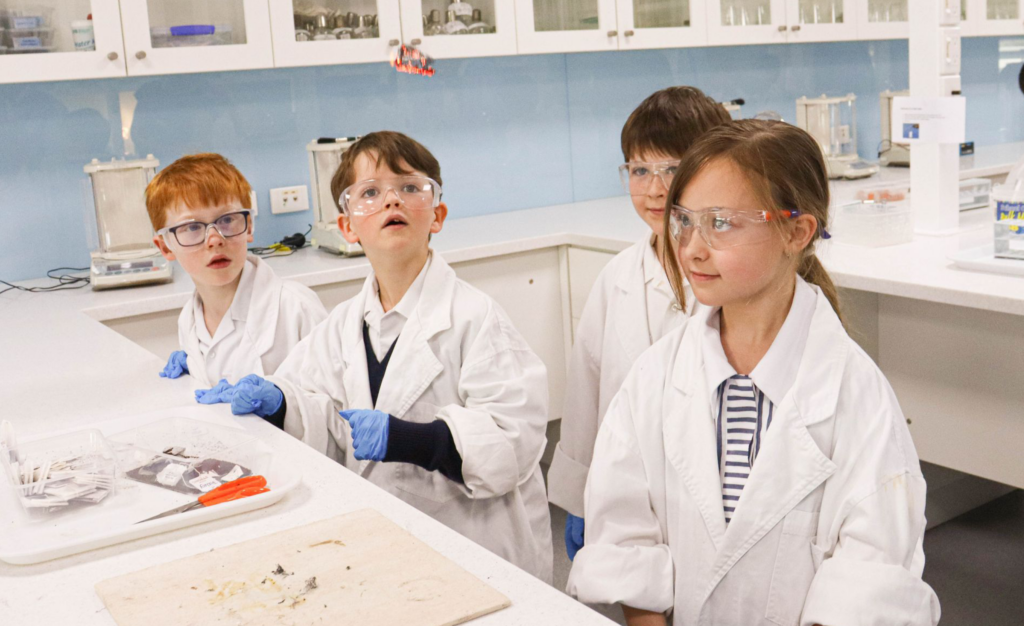
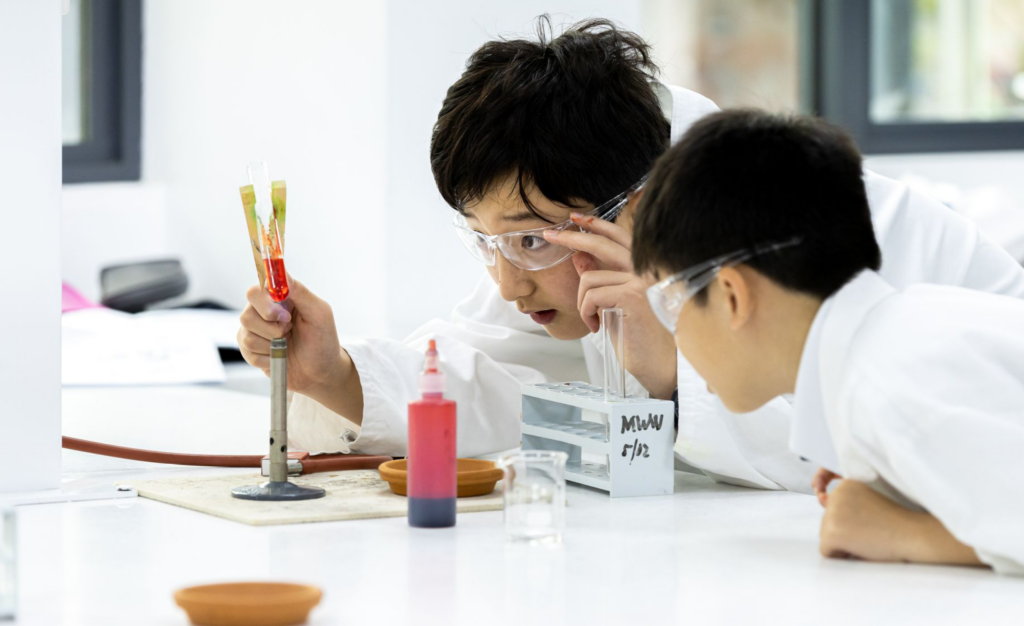
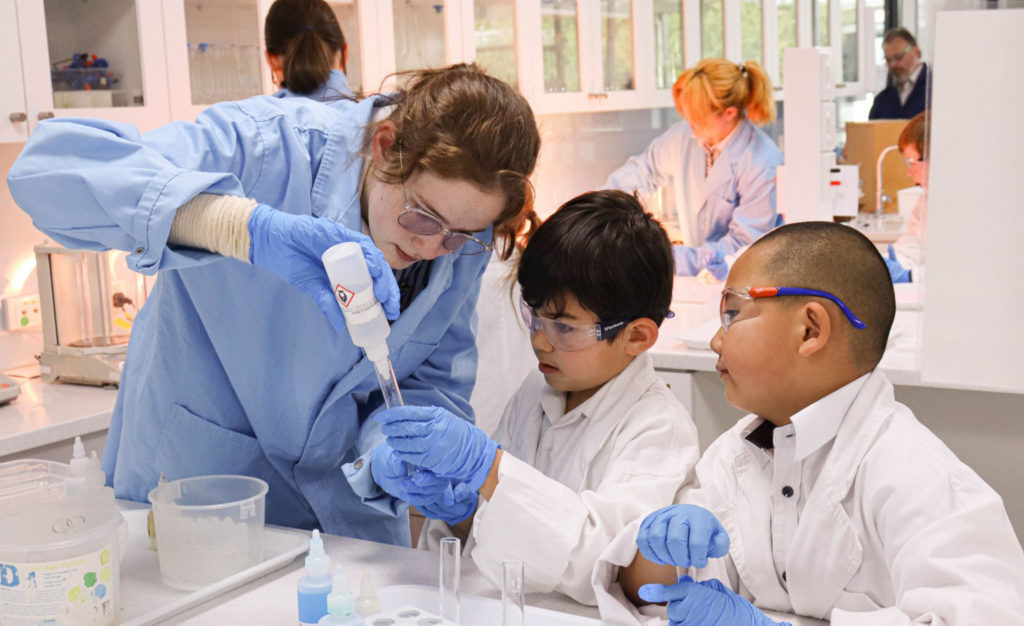
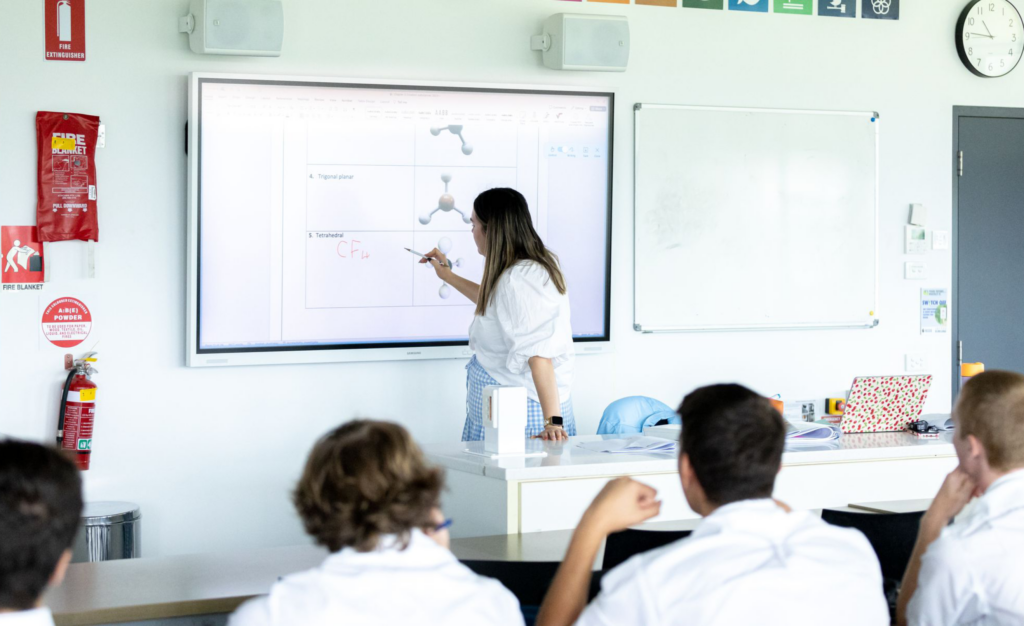
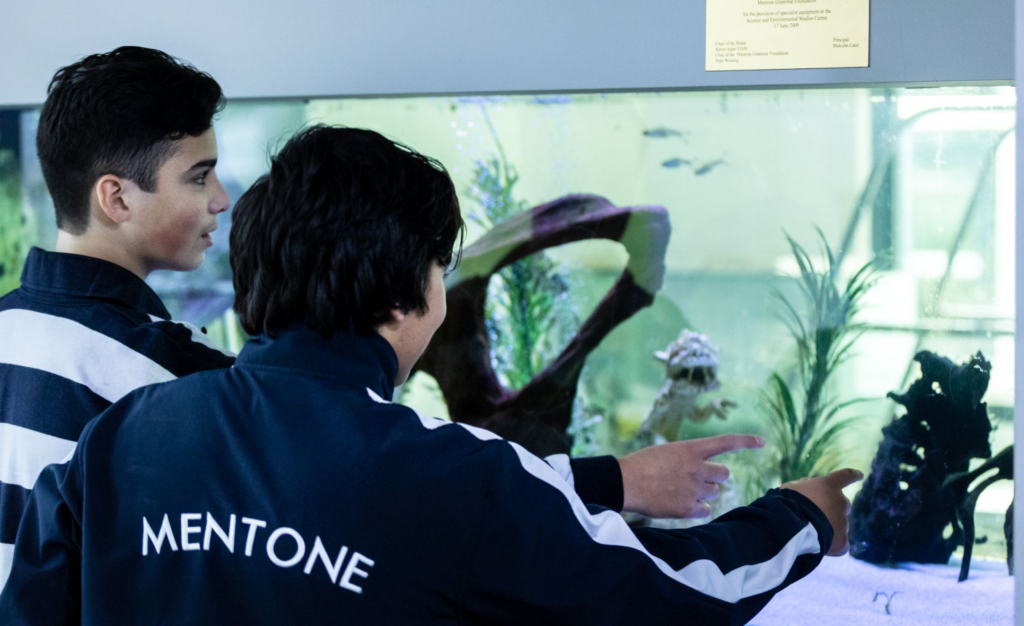
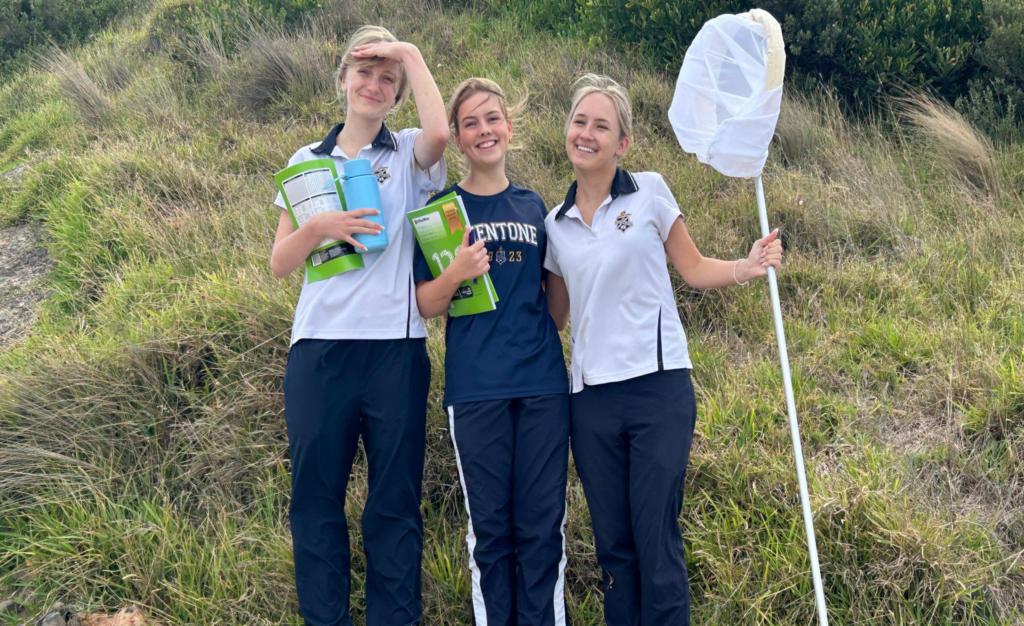
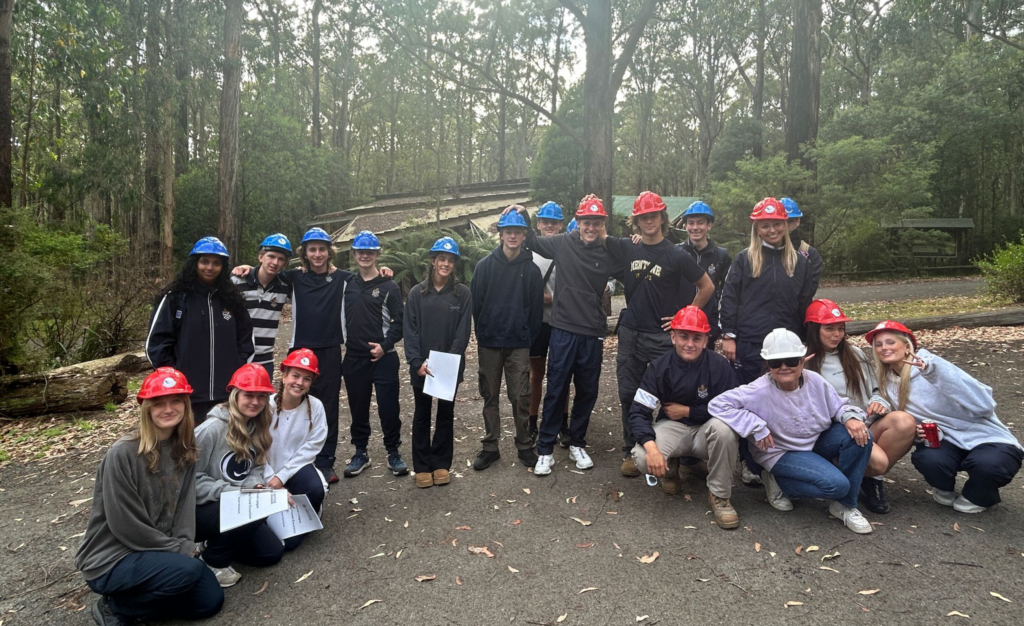
In the Beginning
In the Early Years, students observe, investigate and respond to such topics as their senses, lifecycles, the needs of living things and changes in substances, taking in biological, chemical and Earth and space scientific investigation.
We aim to expand students’ willingness to ask questions and speculate on the changing world in which they live. Understanding the work of scientists as well as the scientific discoveries made in the past enables students to develop the empathy needed to drive them to take their learning beyond the classroom.
Deeper Exploration
The Middle Years see students begin to spend more time on the Frogmore Campus using the purpose-built facilities of Senior students. They particularly love learning in our state-of-the-art Science and Environmental Studies Centre which has set a new benchmark for science facilities in Australian schools. At this learning stage, there is a shift in focus by spending time learning about their new environment and working as scientists would work as they begin to explore each of the scientific domains of biology, chemistry and physics in greater depth and detail.
Advanced Learning
Once reaching the Senior Years, more advanced theoretical concepts are introduced with an emphasis on practical investigation and hands-on learning of scientific principles related to the biological, physical and technological world. This provides a pathway to VCE study where students can choose to further enhance their scientific knowledge by undertaking electives in the areas of biology, chemistry, environmental science, physics and psychology.